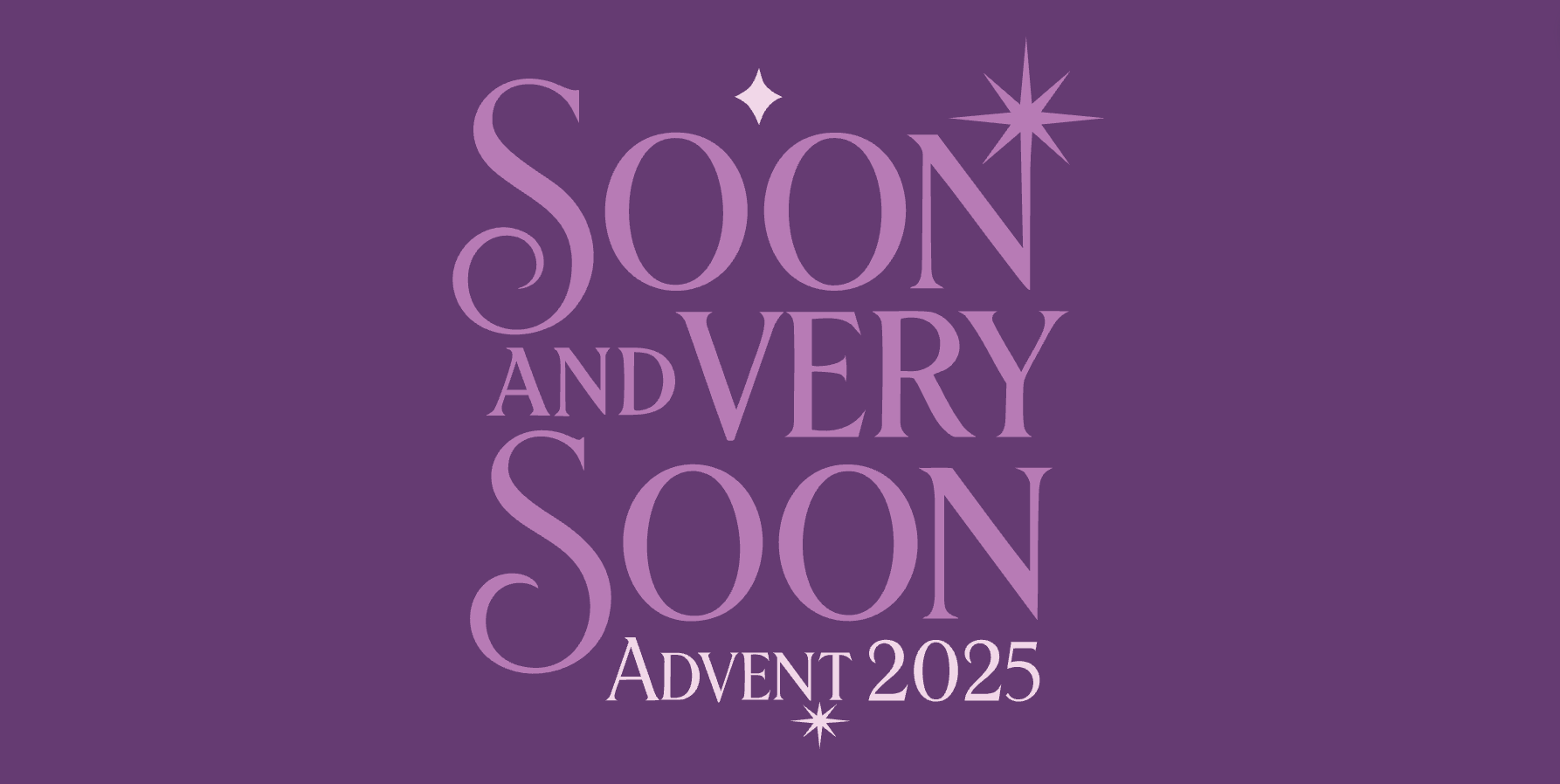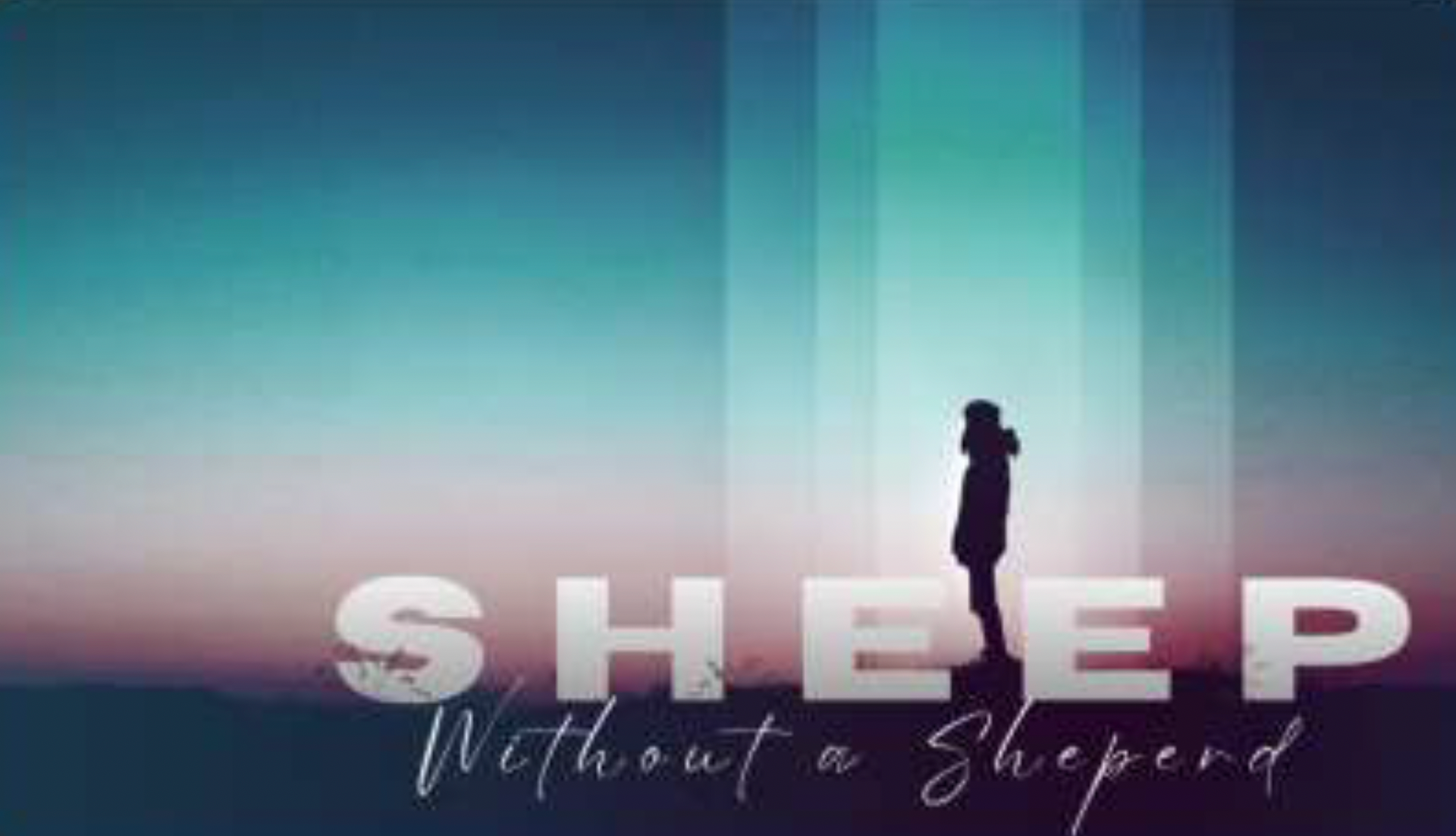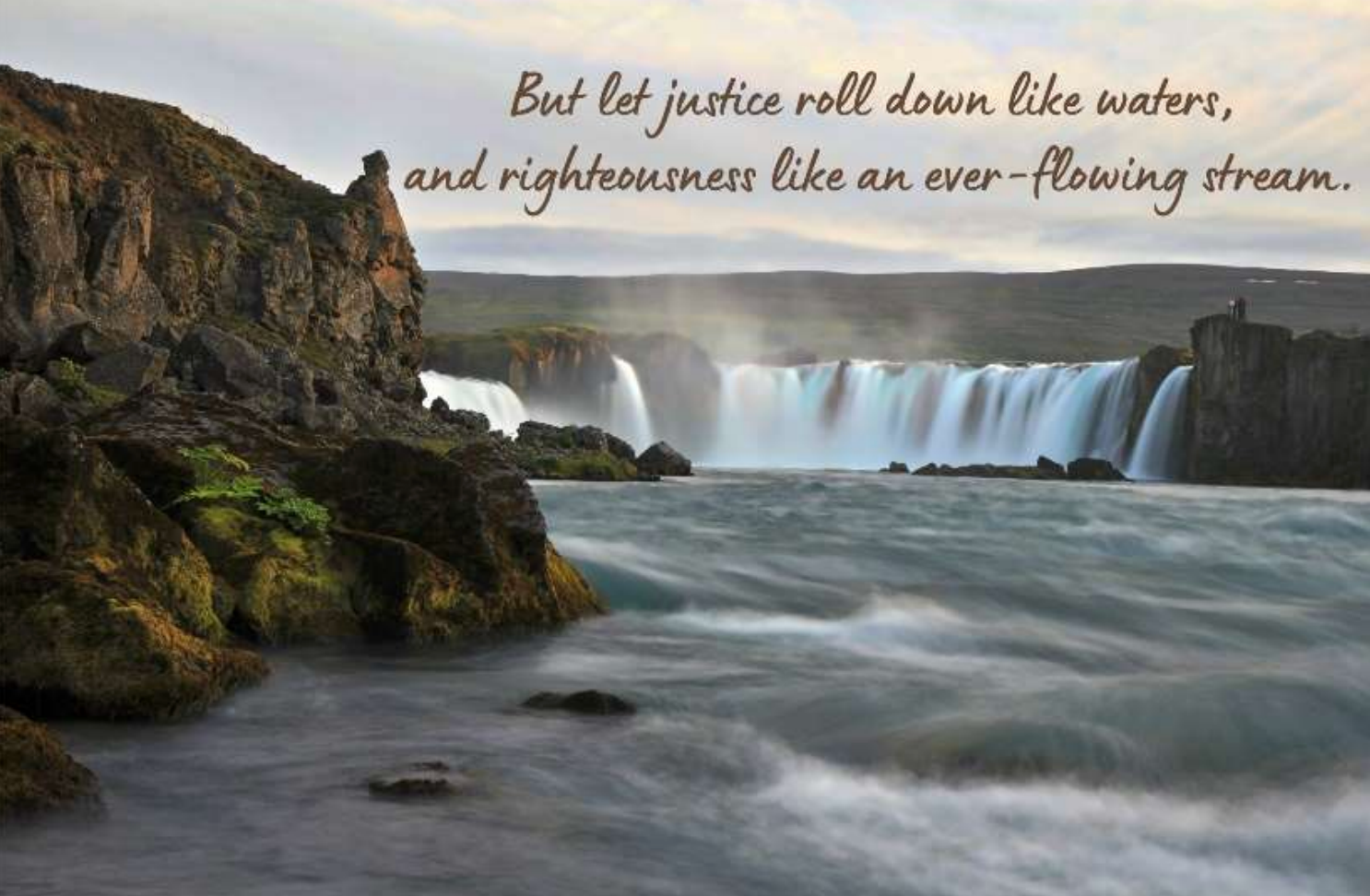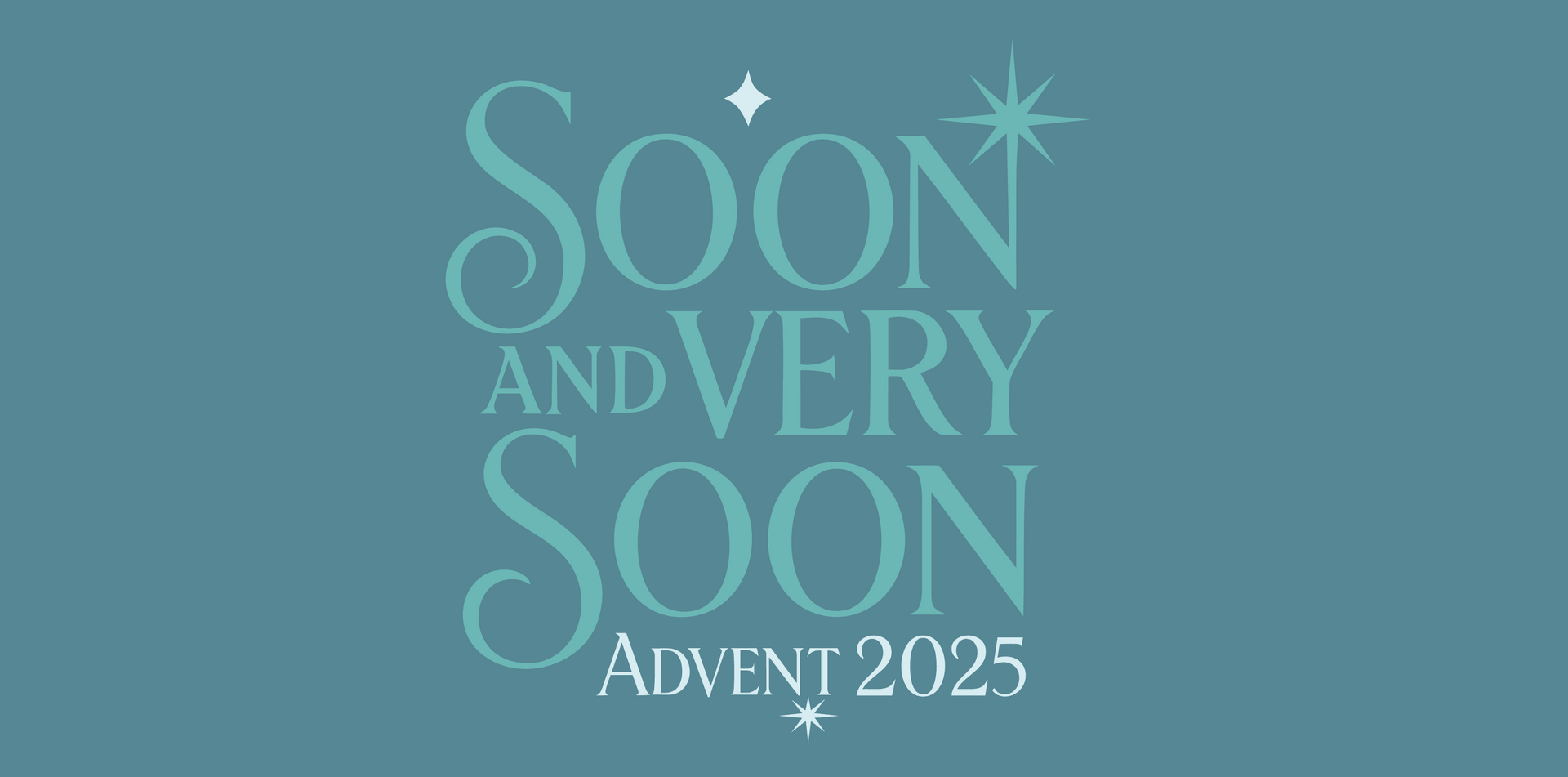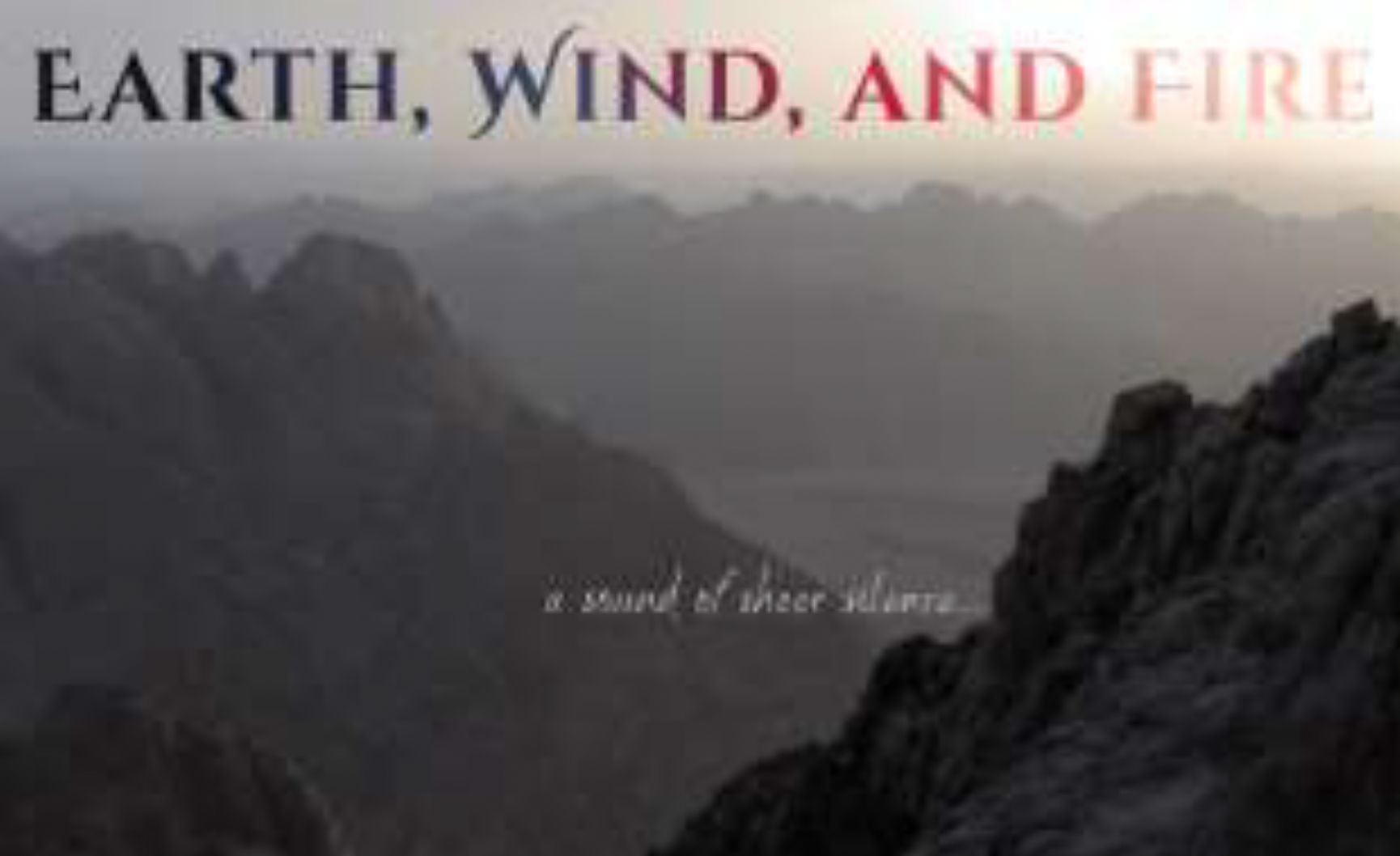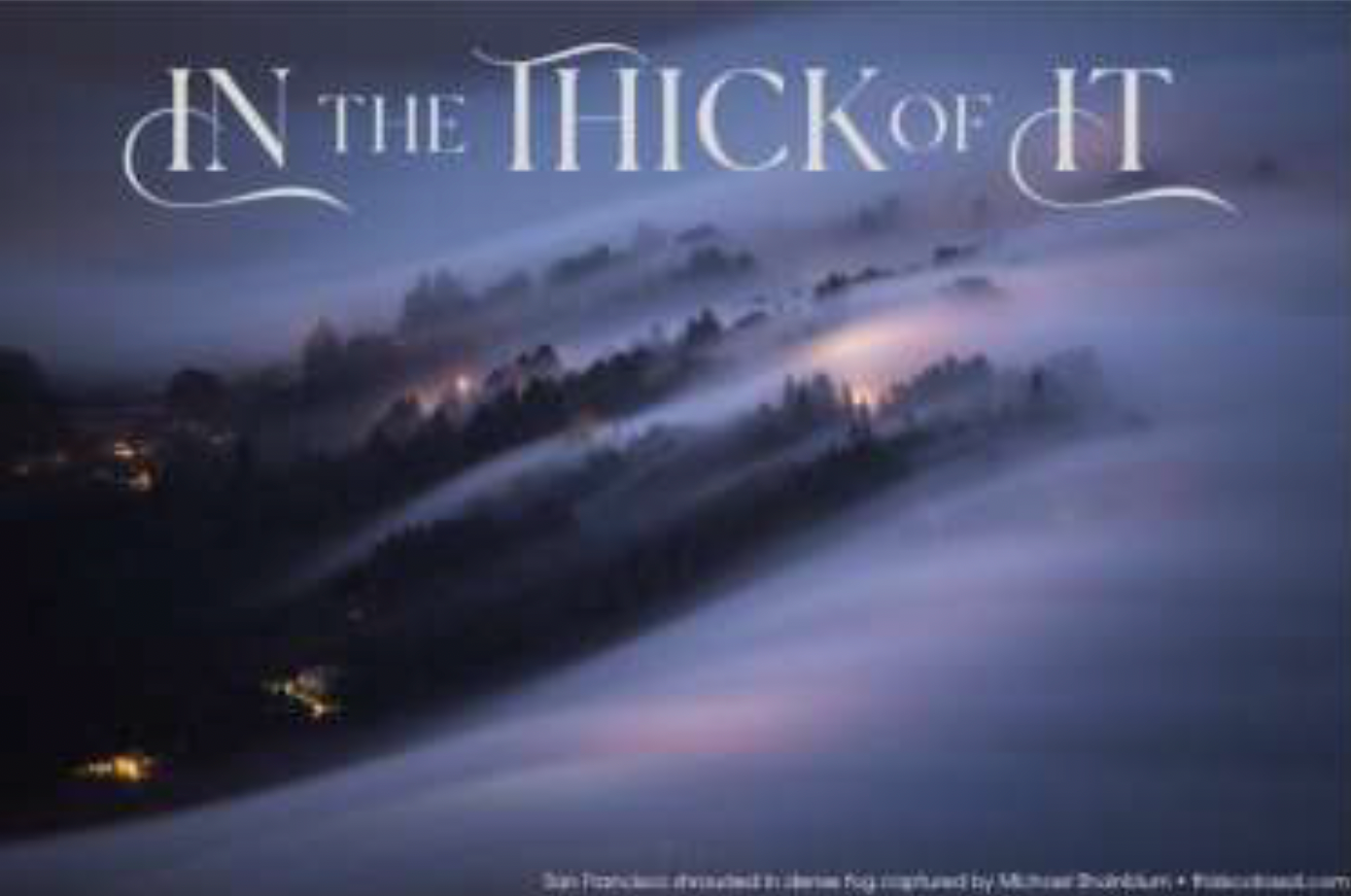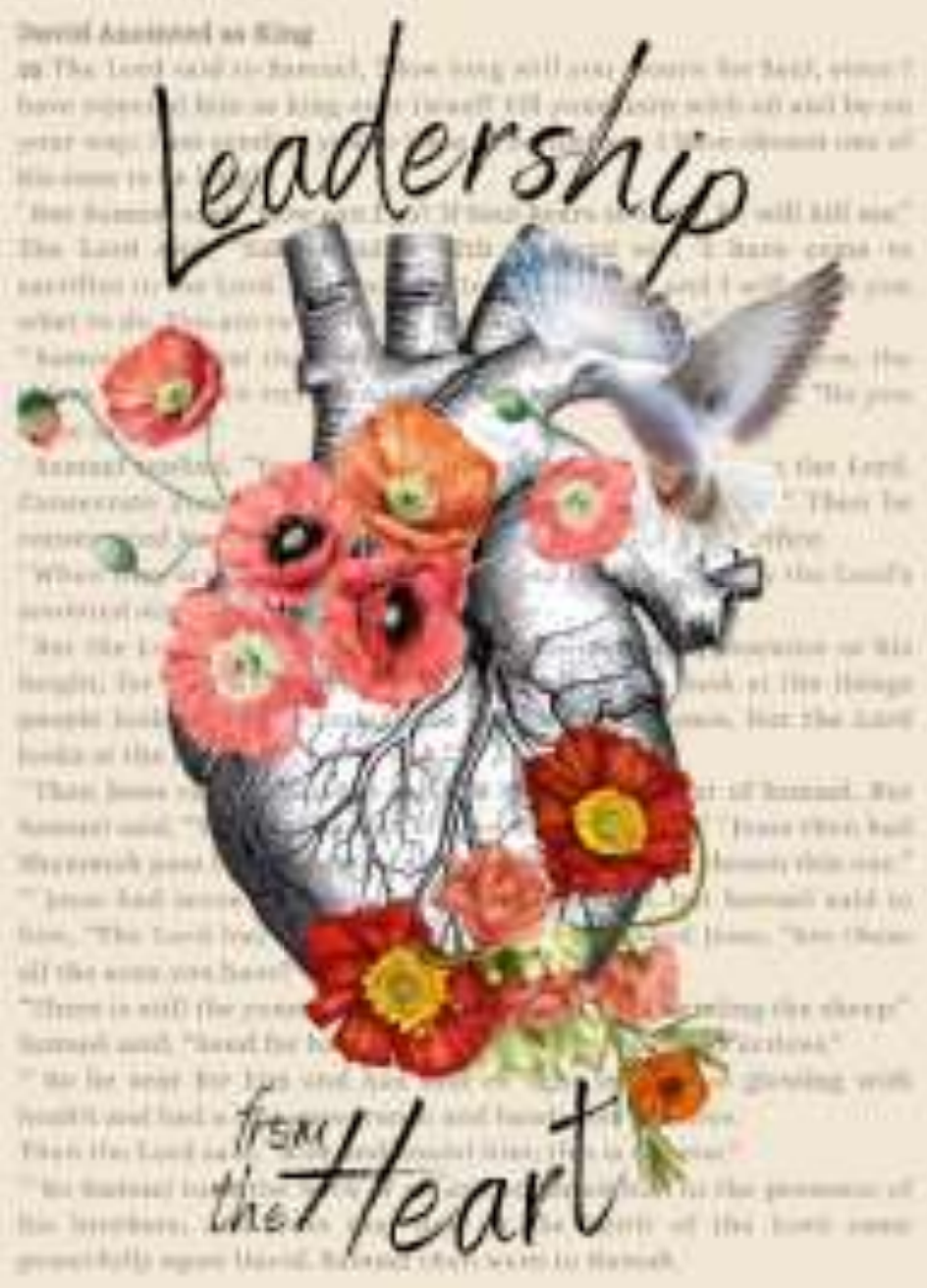Sermon 09.29.2024: Liberation: The Promise of Passover
The story of the Passover and subsequent Exodus is THE defining story of the Israelites. When God liberates the Hebrew people from slavery and bondage in Egypt, God proclaims a preferential option for the poor and oppressed. Liberation is the promise of Passover, and God's work in the world. Let us join God in that work!
Scripture
Exodus 12:1-13; 13:1-8
From Narrative Lectionary:
The Lord said to Moses and Aaron in the land of Egypt: This month shall mark for you the beginning of months; it shall be the first month of the year for you. Tell the whole congregation of Israel that on the tenth of this month they are to take a lamb for each family, a lamb for each household. If a household is too small for a whole lamb, it shall join its closest neighbour in obtaining one; the lamb shall be divided in proportion to the number of people who eat of it. Your lamb shall be without blemish, a year-old male; you may take it from the sheep or from the goats. You shall keep it until the fourteenth day of this month; then the whole assembled congregation of Israel shall slaughter it at twilight. They shall take some of the blood and put it on the two doorposts and the lintel of the houses in which they eat it. They shall eat the lamb that same night; they shall eat it roasted over the fire with unleavened bread and bitter herbs. Do not eat any of it raw or boiled in water, but roasted over the fire, with its head, legs, and inner organs. You shall let none of it remain until the morning; anything that remains until the morning you shall burn. This is how you shall eat it: your loins girded, your sandals on your feet, and your staff in your hand; and you shall eat it hurriedly. It is the passover of the Lord. For I will pass through the land of Egypt that night, and I will strike down every firstborn in the land of Egypt, both human beings and animals; on all the gods of Egypt I will execute judgements: I am the Lord. The blood shall be a sign for you on the houses where you live: when I see the blood, I will pass over you, and no plague shall destroy you when I strike the land of Egypt.
The Lord said to Moses: Consecrate to me all the firstborn; whatever is the first to open the womb among the Israelites, of human beings and animals, is mine.
Moses said to the people, ‘Remember this day on which you came out of Egypt, out of the house of slavery, because the Lord brought you out from there by strength of hand; no leavened bread shall be eaten. Today, in the month of Abib, you are going out. When the Lord brings you into the land of the Canaanites, the Hittites, the Amorites, the Hivites, and the Jebusites, which he swore to your ancestors to give you, a land flowing with milk and honey, you shall keep this observance in this month. For seven days you shall eat unleavened bread, and on the seventh day there shall be a festival to the Lord. Unleavened bread shall be eaten for seven days; no leavened bread shall be seen in your possession, and no leaven shall be seen among you in all your territory. You shall tell your child on that day, “It is because of what the Lord did for me when I came out of Egypt.”
Sermon
LAST SUNDAY, MARCI SHARED IN HER SERMON how much she loves the story of Joseph and his not-so-technicolor dream coat. But I would say the story of Moses is one of my absolute favorites from scripture. In fact, last spring, at the Women’s retreat, this was one of the main passages we focused on because I resonate so much with it. And every time I study it, I glean something new.
Like most stories, the story of Moses begins long before Moses was even born, with many named and unnamed people, like Siphrah and Puah and the Pharaoh who ordered that newborn Hebrew baby boys be thrown into the Nile.
Moses, born during this time of infanticide, is adopted and named by the Pharaoh’s daughter. And the name she chooses, "Moses," comes from the Hebrew verb, meaning "to draw out," (Exodus 2:10) presumably because she draws him out of the water, from a basket that is floating down the Nile. But perhaps it also foretells how Moses will one day draw his people out from the bondage of slavery.
So, here we have Moses, who should have died at birth according to Pharaoh’s decree, but rather than being thrown into the Nile, he is drawn out of the Nile.
For forty years, Moses grows up in Egypt, in the Pharaoh’s home as his adopted grandson.
But he’s also spent time with his birth mother in his birth home and knows that he is ethnically a Hebrew, not an Egyptian. And I wonder if his skin color or the way he looked physically also made him an outsider in that Egyptian palace.
Either way, it was not a secret that Moses was adopted; it was common knowledge.
And after he kills an Egyptian slavedriver for their mistreatment of the enslaved Hebrews, Moses runs away and spends the next forty years of his life in the desert. He gets married, finds a job herding sheep, and is living his own version of hakuna matata. That is, until he encounters that burning bush.
Now, the inside cover of your bulletin has daily lectionary readings that will take you from today’s scripture to next week’s scripture. And last week’s bulletin which you can still find online or in the racks in the atrium had readings to take you from Joseph (last week’s story) to Moses.
We want to encourage you to read scripture, and we actually just ordered some new study bibles, fresh off the presses. They’re new to us pastors as well, and if you’d like to purchase one, they’ll be available in the Atrium today for $25.
Now, you don’t have to have a new bible to follow along with the narrative lectionary, nor do you need to have a study bible to understand scripture. I love them because they give context, and meaning, and a general overview that I don’t always get from our pew bibles.
So if you’d like one, too, find me in the atrium. But whatever Bible you use, you are invited to read through these stories with us.
Now back to Moses. After experiencing the burning bush and resisting God’s call for a bit, Moses does come back to Egypt, demanding that Pharaoh, “Let my people go!”
When Pharaoh refuses, the plagues are then unleashed, one at a time, giving Pharaoh an opportunity after each one, to change his mind. But he doesn’t, not after the first nine anyway.
The first nine plagues included (1) water turning to blood, (2) frogs, (3) lice, (4) flies, (5) livestock pestilence, (6) boils, (7) hail, (8) locusts, and (9) darkness. I think I would have said “yes” a long time ago! Today, we read about the last and final plague that institutes the Passover.
Now, over the years, there has been scientific research to try and prove or disprove whether the plagues actually happened. Greta Hort wrote an article back in the 50s that carefully and methodically attempted to make the plagues scientifically credible. [1]
It seems plausible that there were some changes in climate and in the Nile that could’ve given rise to these plagues - tadpoles that matured quicker and hatched earlier than usual; leaving the water in droves, possibly creating a plague of frogs.
But to me, it doesn’t matter whether the plagues can be scientifically proven or not because what I love about the Bible is that it is not a scientific document nor does it try to be. And to try and reduce it to such is to miss the point all together.
Now on the other end of the spectrum, there are some who say the plagues were theoretical – a lavish story to show the powers of God and the extent that God will go to free God’s people. Some in this camp say that each plague represents an Egyptian god whom the Hebrew god defeats. For example, Hapi is the Egyptian god of the Nile, who is defeated when the Nile’s water turns into blood. Ra is the Egyptian Sun god who is then defeated when darkness overcomes the land. Pharaoh, the king of Egypt, is also worshiped as a human manifestation of the gods. And he was often also, the firstborn son of the former king. So the final plague, death of the firstborn, would represent a defeat of Pharaoh and his power, and a reversal of the Pharaoh’s decree to kill the newborn baby boys of the Hebrew people, not too long ago.
I don’t know for certain if that was the intent of the original writers of these scriptures. But I do know that the story of the ten plagues and the subsequent Passover is a drama that unfolds to teach us about God and to teach us about ourselves.
It is a drama of bondage and of liberation; a drama of powerful rulers and powerless slaves; a drama of a God who hears the cries of the oppressed and does something to alleviate that burden.
And as twenty-first century Christians who have received these stories as the word of God, our job is not to make them scientifically plausible, but to find ourselves in these age-old stories and to listen for how God still speaks to us through them.
So, where do you find yourself in this story of the Passover? With whom do you identify? And what might God be saying?
Perhaps, because we are God’s people, we most immediately see ourselves in the people of Israel. We are a people who need deliverance; a people who need God to hear our cries and take notice of us.
Maybe we are trapped by addiction or loneliness; maybe we are made captive by our grief or despair; maybe we are chained to our broken relationships or held down by our ill health; maybe consumerism or unchecked capitalism assail us.
I know these days, I feel captive to political ads and bids for donations. And while I know that it is important, and I have indeed given, I would love to free my text messages and my emails from their constant barrage.
Yes?
And I think it’s fair to say, that we all would love some freedom from our fears: fear of the future; fear of these election results; fear of the rhetoric and rage that has overtaken civil discourse.
In this life, any number of things can oppress or chain us, and we long to be set free. So perhaps this morning, that is where you find yourself in this story.
And if so, take heart. God does not forsake God’s people but hears your cry. You are not alone. God is with you and will strengthen you, so that you might persevere even through this struggle.
In fact, a whole theological framework called Liberation Theology is about God’s preferential option for the poor and oppressed. God listens to those who suffer and is invested in ending that suffering. Gustavo Gutiérrez, often named the founder of Liberation Theology, once said: “The God of Exodus is the God of history and of political liberation more than he is the God of nature.”
So it’s not so much about the plagues and their probability, but about the ability to become free, to be liberated, and to go from a narrow place (which is what Egypt means), to a broad place, flowing with milk and honey.
It’s natural, I think, to initially align ourselves with the Israelites. But I cannot ignore the words of Erna Kim Hackett who coined the phrase: “Disney Princess Theology.”
She writes:
“White [or I’d add western] Christianity suffers from a bad case of Disney Princess theology. As each individual reads Scripture, they see themselves as the princess in every story. They are Esther, never Xerxes or Haman. They are Peter, but never Judas.
They are the woman anointing Jesus, never the Pharisees. They are the Jews escaping slavery, never Egypt.
For the citizens of the most powerful country in the world, who enslaved both Native and Black people, to see itself as Israel and not Egypt when it is studying Scripture, is a perfect example of Disney princess theology. And it means that as people in power, they have no lens for locating themselves rightly in Scripture or society—
and it has made them blind and utterly ill equipped to engage issues of power and injustice. It is some very weak Bible work,” she says.
Well, friends, we will not engage in weak Bible work here today.
Some of us do or should find ourselves identifying with another player in today’s story.
And, I think, as troubling as it is, many of us can actually identify most with Pharaoh than anyone else. Scripture says, “…he hardened his heart, and would not listen to them.”
I think about my own heart these days. And I admit that there’s a strong temptation to harden it, if only so that it doesn’t break. It has been barraged with the plague of gun violence; the plague of grief for those who’ve died – those whom I know, and those whom I do not know – like Amber Thurman who could not get access to the health care she needed; like Marcellus Williams who was executed by the state of Missouri; like countless children in Gaza and all around the world who deserve better from us adults.
I confess that my heart is hardened, partly because I’m scared that if I allow it to feel and become soft, I will never stop crying.
I am more like Pharaoh than I am the Israelites living in bondage. And perhaps the hard truth of the matter is that simply by virtue of living in this country and participating in a global market, often times, we do act as the oppressor, preventing others from experiencing true liberation.
We are all Pharaoh sometimes, and we must be willing to face that, in order to correct the injustices that exist in our society. We benefit from a system that often exploits others.
We are all Pharaoh sometimes. And nine out of ten times, we fail to acknowledge or do what God desires of us.
We are all Pharaoh sometimes, and our hearts are hard but our lives are soft and cushioned by the comforts of a palace-like life.
We are all Pharaoh sometimes.
But here is the good news: We do not have to stay Pharaoh. That’s the thing about these Biblical stories. They reflect back to us not only who we are, but whose we are, and who we can be.
For God, in God’s great love and mercy, calls each of us, not to be Pharaoh and not to be a people enslaved, but to be Moses.
God calls each of us to be a liberator, to be an instrument of God that helps set people free from bondage and to walk with them into new life.
God calls us to be Moses, to draw out those who are suffering and to accompany them to a promised land.
That is our redemption, our resurrection, and our reason for being.
People of God, when we are Pharaoh, when we think only of ourselves and not about God or others, God calls us to be more. God beckons us to be Moses. We may not believe we can be Moses, but hey, even Moses himself didn’t believe he could become who he did!
So perhaps this morning, that is where we must find ourselves in this story. Perhaps God is challenging you to consider how, like Moses, who left the courts of the powerful and privileged where he was raised, to stand with those who were oppressed, you, too, might partner with God to bring freedom and new life to a hurting people.
Maybe we find ourselves in Moses, saying “yes,” albeit reluctantly, to God and to God’s work and mission in this world. Friends, liberation is the promise of Passover, and as the prophet Isaiah proclaims: we can help loose the bonds of injustice, … let the oppressed go free, and break every yoke (Isaiah 58:6).
Harriet Tubman showed us how by leading slaves to freedom.
SafeHouse shows us how by leading prostituted and unhoused women to safety and security.
Our Living Sanctuary Team shows us how by journeying with asylum seekers as they seek a new land to call home.
Our Seniors program shows us how by providing community and life-long learning for senior adults in San Francisco.
New Door Ventures shows us how by helping young adults find stable and secure jobs.
Faith in Action Bay Area shows us how by working on measures to provide safe and affordable housing to the most vulnerable members in our city.
Friends, liberation is all around us, happening in big and small ways every single day. And we are called to this holy and hope-filled work.
People of God, God says, “Let my people go.” So go and do likewise.
Amen.
1 Hort, Greta. “The Plagues of Egypt”. Zeitschrift für die alttestamentliche Wissenschaft. 1957.

